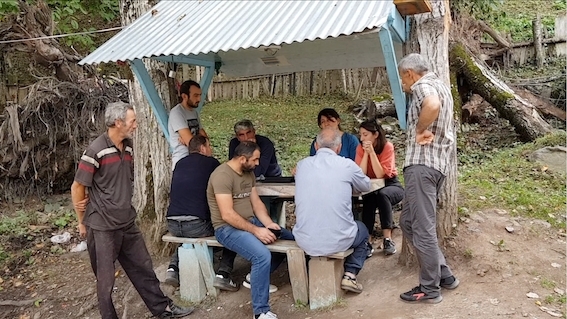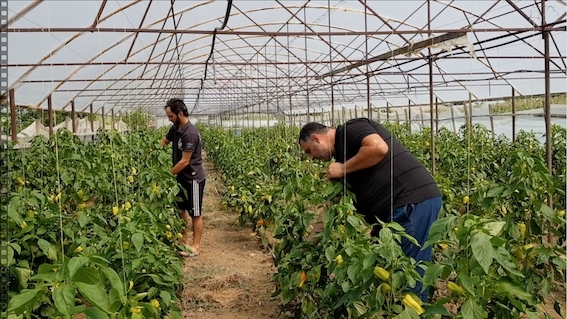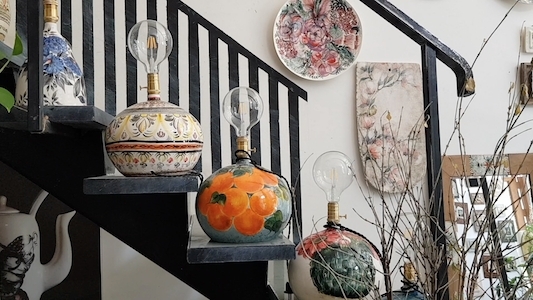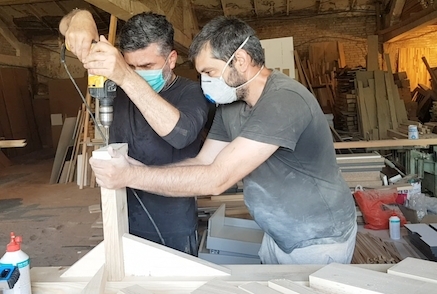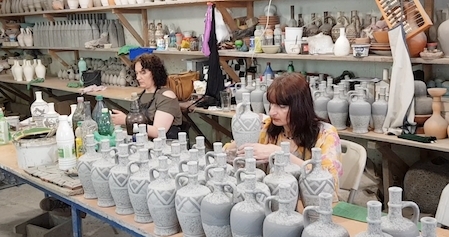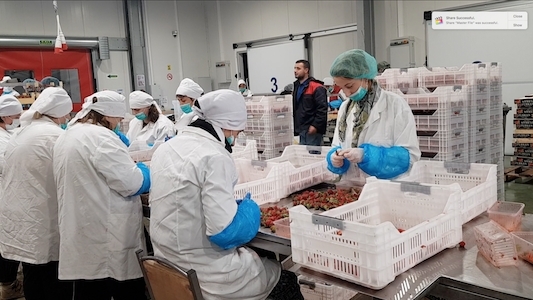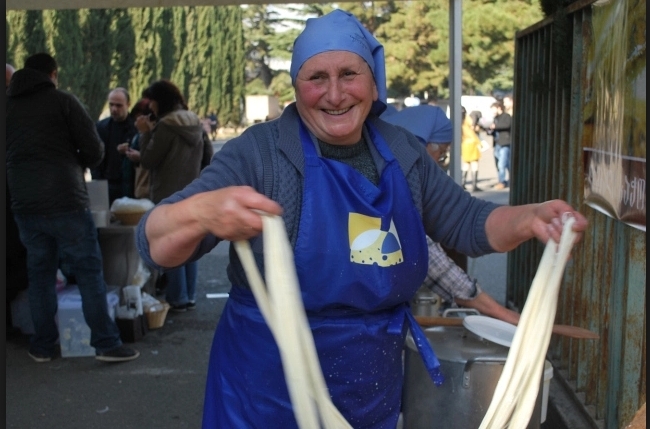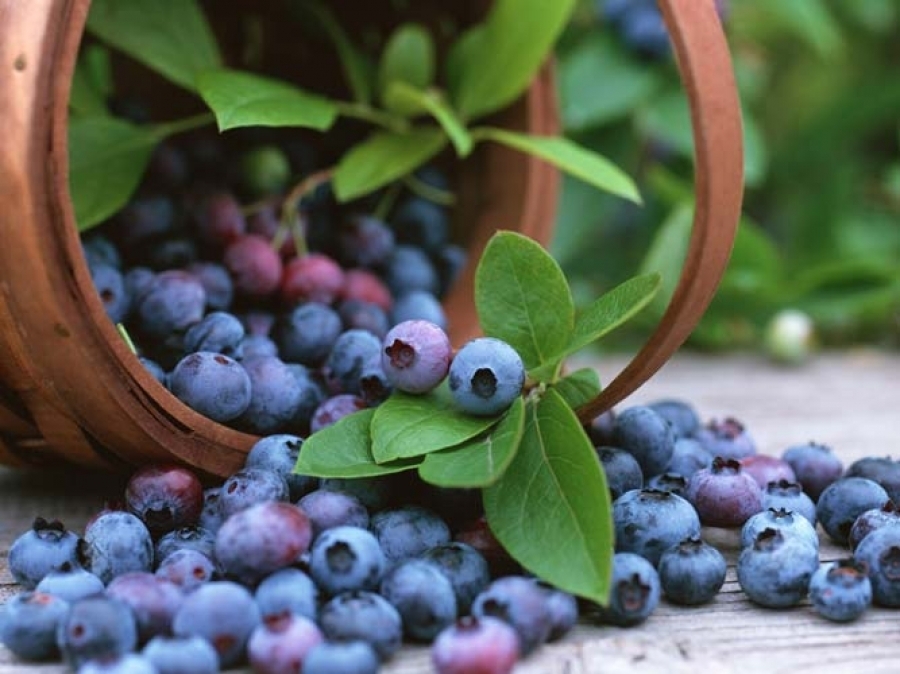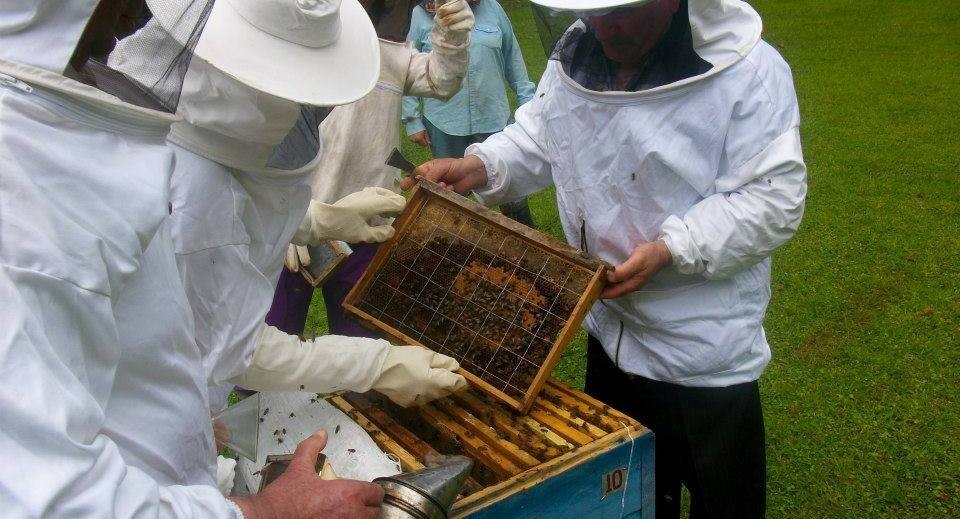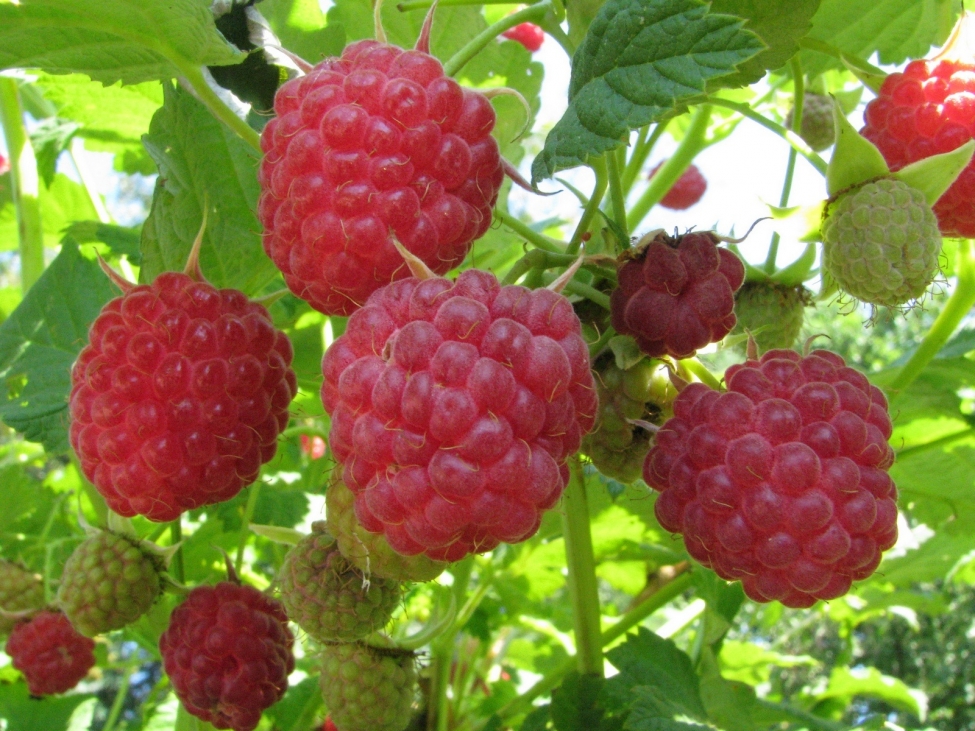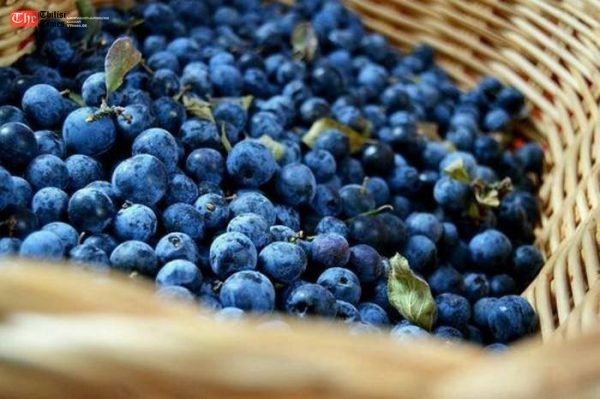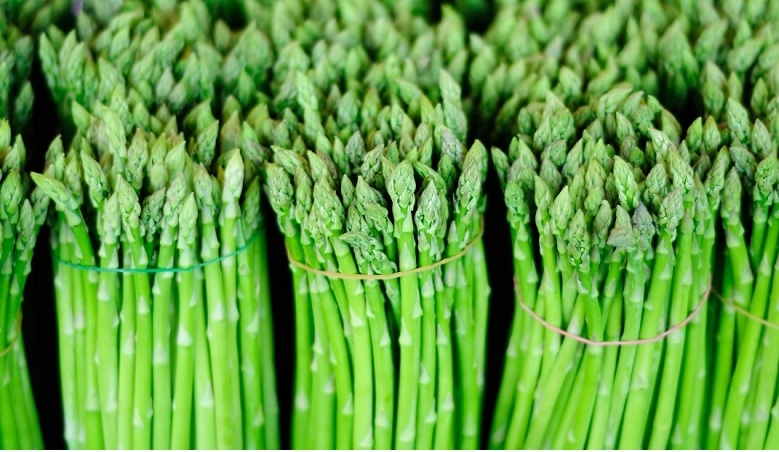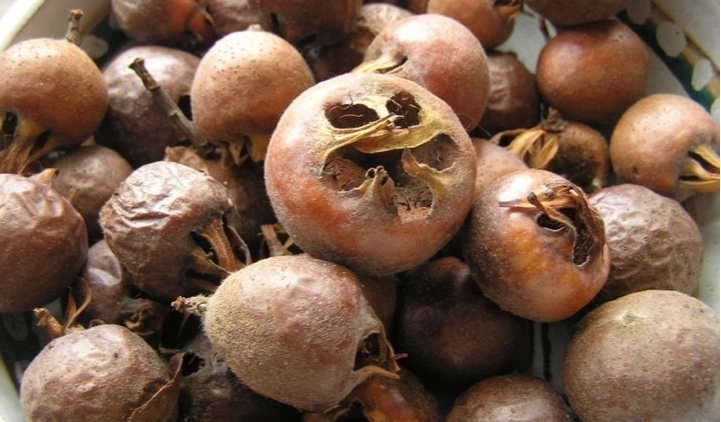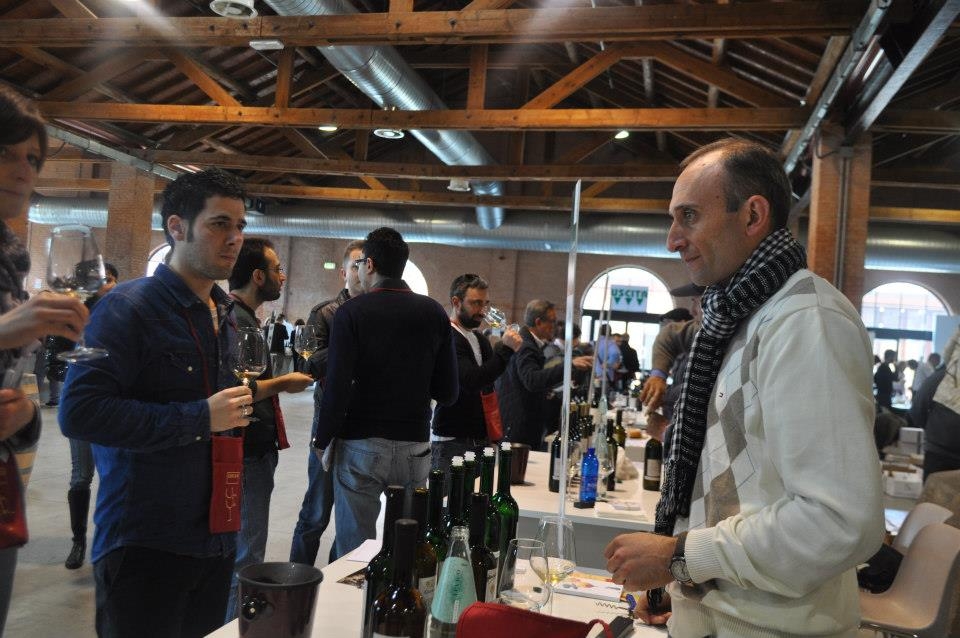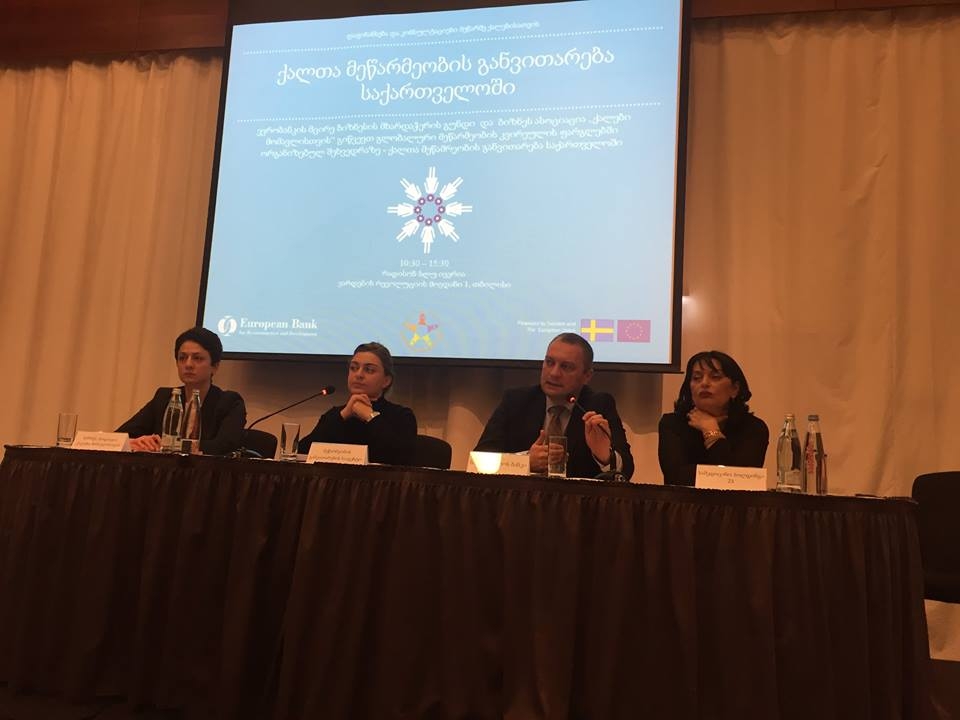Berries’ producers may face difficulties in storage

(Summary)
The number one task for berries’ producers is to sell their products timely. As berries are perishable, it is important to supply after the harvesting, otherwise their value will go down and farmers will suffer with loss. In order to avoid this kind of loss, farmers have already started to think about shock freezing of fresh berries.
For berries’ storage, so called, cooling rooms has been used in foreign countries. After picking, berries are placed in this cooling room immediately. These kinds of systems usually are used by small producers, who do not provide transportations and marketing themselves and prefer to sell directly from their orchards.
What is cooling room?
Cooling room is an isolated room equipped with refrigerating facilities. Cooling room is used to store fruits for shorter period of time, as newly picked fruit is warm and it is required to be cold. Cooling room should be designed so, that air flows can move easily between containers. This kind of room is considered as a slow cooling method and is quite effective. Cooling system indicators and efficiency are based on several factors:
- Temperature difference between fruit and cold air;
- Speed of air flow;
- Cold air reaching rate to fruit.
Several farmers have started working on arrangement of cooling room in Kakheti
Eliso Gviniashvili, Farmer:
"Cooling room is a novelty for us. We do not know yet, what kind of systems will be used, what will be optimal temperature and humidity. I need technologist that we do not have in our country. If I believe to someone who does not have technological knowledge, I may do it wrong way and all my harvest may be damaged. What I know for sure, is that we need cooling systems, where I will have an opportunity to store my blackberries for 7-10 days. This needs everyone who has huge plots. In my orchard, I do not have electricity, so we have decided to buy a plot near to highway, where we will arrange cooling room. I think several producers will join in order to do this.”
Nana Kandaurashvili, Farmer:
“There is no such kind of cooling systems in Kakheti region. When you pick 1 tone of blackberries per day, there is a risk related to its sales in the same day. Blackberries start spoiling at the evening. In this season we expect more harvest, as we have expanded our orchards. Therefore, we may face problem related to sales. In order to avoid spoiling, we have to store our harvest in the refrigerators. We have to join our resources to arrange cooling rooms, which will be used by several farmers.”
Blackberry cooling
Blackberry is very sensitive toward the climate changes. Compared to other berries it has shorter period for storage. That is why fast cooling after picking is important, in order to maintain its freshness. Like other fruits, blackberries absorb oxygen and emit carbon dioxide, so it should be placed containers with holes. In order to avoid rot, picked berries should not be placed in too cold or too hot atmosphere.
Strawberry cooling
Temperature management is the most important factor in strawberry cooling. Picked strawberries should be cooled fast up to 0°C. As specialists say, if temperature increases from 0 to 10 C, damage level will increase twice. Because of its dark color, strawberry allocated heat in the sun and starts spoiling fast. That is why, 2, 4, 6, or 8 hour in the cooling room is crucial.
Raspberry cooling
As raspberries are perishable, it is important to store them in the cooling room after picking. Temperature and humidity control is crucial in this process. Optimal temperature for raspberries is 0°C. It requires high level of humidity (90-95%). As a rule, optimal period for storing in the cooling room is 2-3 days.
Blueberry cooling
Blueberries should be stored in a cooling room immediately after picking. Optimal temperature in the room is + 1°C, however, best practices show that +3-4°C is also enough. Permanent control of temperature and humidity is crucial. It is recommended to store blueberries in the cooling room for short period while it is waiting for transportation.
Author: Nona Kvlividze
The article is prepared with the financial support of the Ministry of Foreign Affairs of Lithuania and "Development Cooperation and Democracy Promotion Programme."




